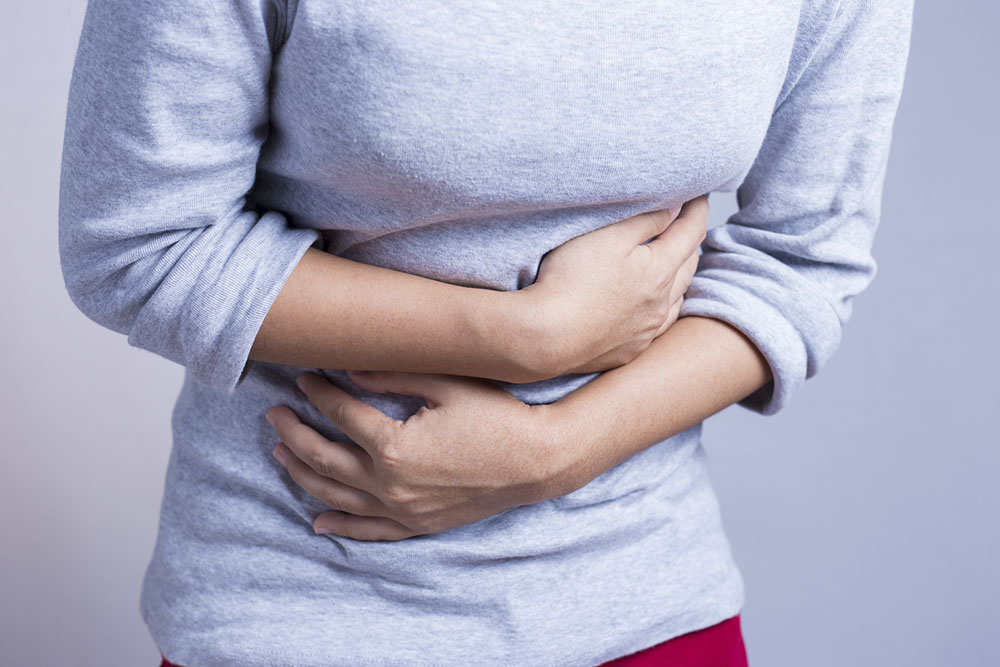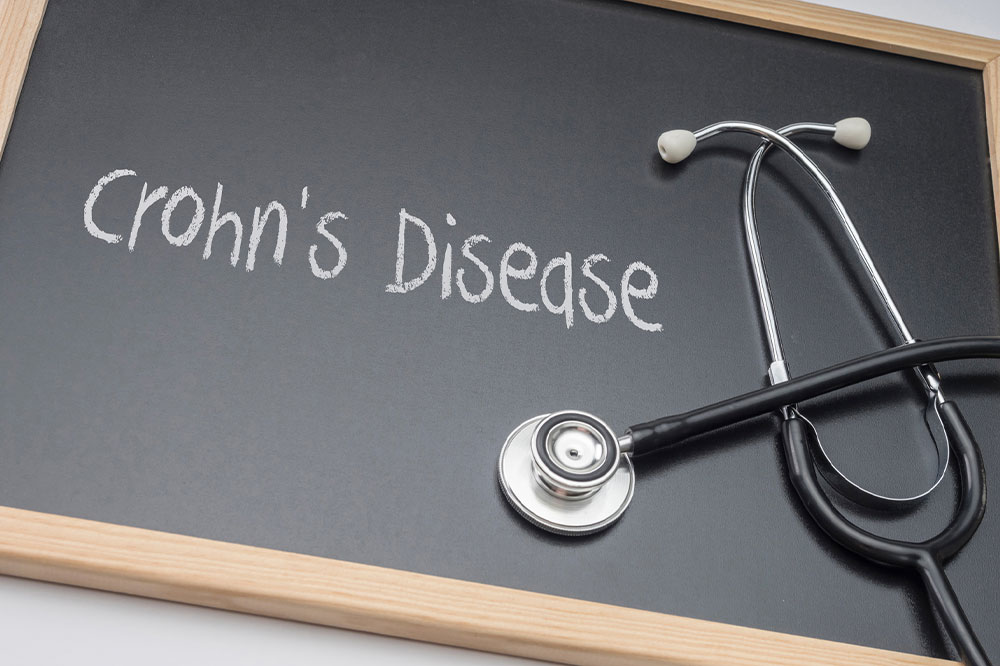Essential Insights into Crohn’s Disease You Need to Know
Discover comprehensive insights into Crohn’s disease, including symptoms, types, causes, complications, and treatment options. Learn how it differs from IBS and why medical diagnosis is crucial. Maintaining a healthy lifestyle and proper treatment can help manage this chronic condition effectively.

Key Facts About Crohn’s Disease That You Should Not Miss
Crohn’s disease is a long-term inflammatory condition that affects the digestive system, capable of occurring anywhere from the mouth to the anus.
Here are some important points about Crohn’s disease:
Typically affects the end of the small intestine
It manifests in patches, not in a continuous manner. Inflammation often appears near the rectum and in areas of the mouth, with varying severity throughout the gastrointestinal tract.
Can penetrate all layers of the intestinal wall
This condition might be confused with irritable bowel syndrome because they share similar symptoms, but their causes and effects differ significantly.
The main distinction between Crohn’s disease and IBS is that Crohn’s involves inflammation of the gastrointestinal tract, whereas IBS affects intestinal muscle contractions.
Causation of Crohn’s is not fully understood, but research suggests genetic, environmental, and immune system factors play roles. Contrary to popular belief, diet alone doesn't cause the disease.
The severity of Crohn’s varies among individuals and can fluctuate over time, depending on the affected gastrointestinal segment.
Since symptoms differ among patients, identifying Crohn’s disease can be challenging.
Common symptoms include:
Rectal bleeding
Unexplained weight loss
Fever
Recurring diarrhea
Abdominal pain, cramping, and reduced appetite
There are five types based on the affected area:
Ileocolitis
Affects the end of the small intestine (ileum) and colon; symptoms include diarrhea, right lower abdominal pain, cramping, and weight loss.
Ileitis
Affects only a part of the small intestine, with similar symptoms to ileocolitis.
Gastroduodenal Crohn’s
Involves the stomach and duodenum; symptoms include nausea, vomiting, loss of appetite, and weight loss.
Jejunoileitis
Inflammation in the jejunum; symptoms are post-meal cramps and diarrhea.
Crohn’s colitis
Targets the colon; symptoms include ulcers, fistulas, abscesses, diarrhea, and rectal bleeding.
Possible complications include:
Scar tissue formation from chronic inflammation
Tears or fissures in the anal area
Abscesses and fistulas from pus collection
Surgical intervention may be required to remove damaged tissue or treat fistulas and abscesses
Persistent Crohn’s can increase colon cancer risk due to ongoing inflammation.
Other complications may involve vitamin B-12 absorption issues, anemia, and decreased bone density, especially in women treated with steroids.
Diagnosis
Doctors rely on symptoms, lab tests, imaging, and endoscopy to confirm Crohn’s and identify the affected areas. Tests include X-rays, CT scans, colonoscopy, and capsule endoscopy. Treatment options typically include antibiotics, anti-inflammatory medications, biologics, and immune therapy. Maintaining a healthy lifestyle and nutrition is vital for managing Crohn’s disease. Consult a healthcare professional if symptoms persist.










